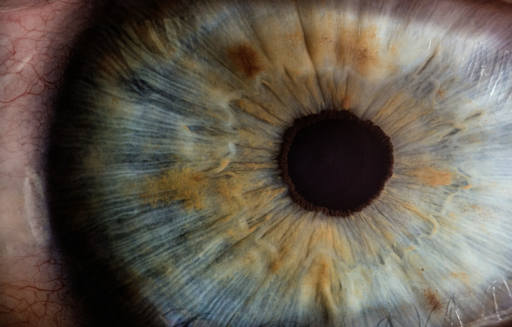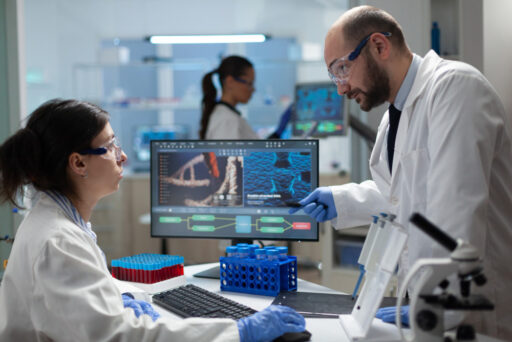In the rapidly evolving landscape of manufacturing and production, maintaining the highest standards of quality is paramount. One technology at the forefront of ensuring these standards is industrialized vision inspection. This innovative approach leverages sophisticated imaging systems and artificial intelligence to automate the inspection process, significantly enhancing accuracy and efficiency.
The Core of Industrialized Vision Inspection
Industrialized vision inspection systems utilize high-resolution cameras and advanced algorithms to scrutinize products for defects or deviations from the desired specifications. These systems are capable of detecting imperfections that are often invisible to the naked eye, making them invaluable in a variety of industries, from automotive manufacturing to pharmaceuticals.
The beauty of this technology lies in its ability to learn and adapt. By feeding thousands of images into the system, it can learn to identify even the most minute anomalies, ensuring that only products that meet the rigorous quality standards make it to the market.
Advantages Over Traditional Methods
The shift towards industrialized vision inspection offers numerous benefits over traditional manual inspection methods. Firstly, it significantly reduces the likelihood of human error, which can be costly in terms of both finances and brand reputation. Additionally, these systems can operate around the clock without fatigue, ensuring consistent quality control.
Another key advantage is the speed at which these systems can operate. Industrialized vision inspection can process hundreds, if not thousands, of items per minute, far surpassing what is possible through manual inspection. This increase in productivity allows manufacturers to meet demand more efficiently without compromising on quality.
Applications Across Industries
The versatility of industrialized vision inspection means it can be integrated into a wide range of production lines. In the automotive industry, for example, these systems ensure that every component, from tiny screws to large body panels, meets the exacting standards required for safety and performance.
In the food and beverage sector, industrialized vision inspection plays a crucial role in ensuring the integrity of packaging and the absence of foreign objects, thereby safeguarding consumer health. Similarly, in the pharmaceutical industry, it ensures that medications are not only correctly packaged but also free from imperfections that could affect their efficacy.
The Future of Quality Control
As technology continues to advance, the capabilities of industrialized vision inspection systems are set to expand further. With the integration of deeper machine learning algorithms and enhanced imaging technologies, these systems will become even more accurate and efficient.
Industrialized vision inspection represents a significant leap forward in the realm of quality control. By offering unparalleled accuracy, efficiency, and adaptability, it enables manufacturers across various sectors to maintain the highest quality standards.









